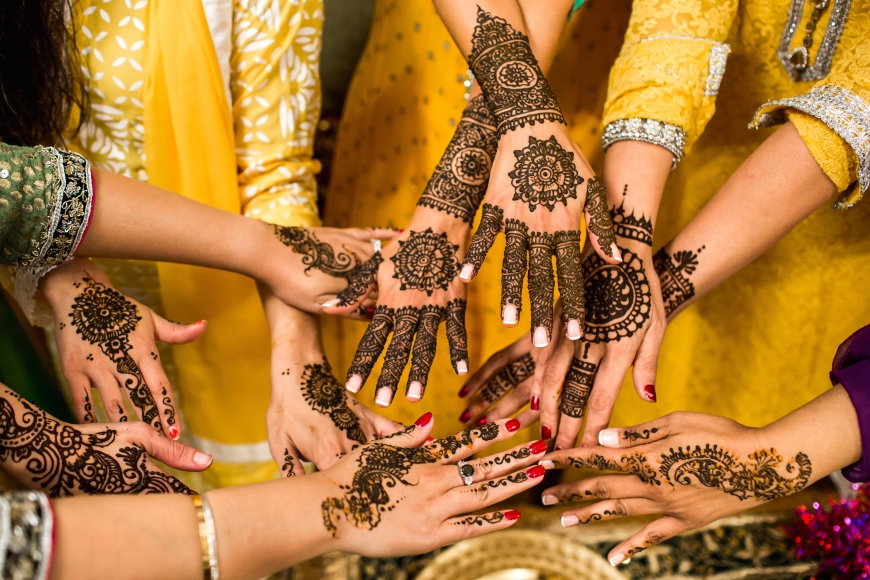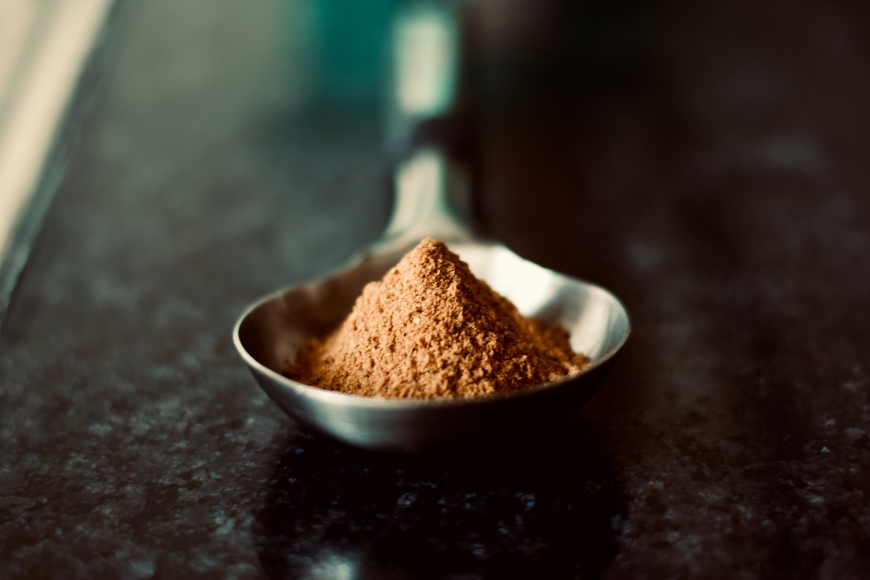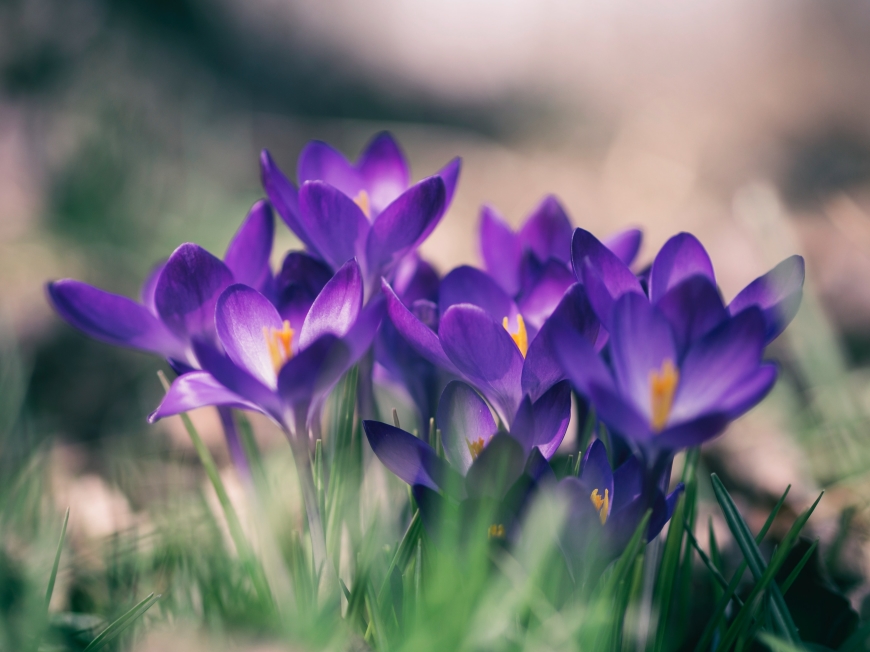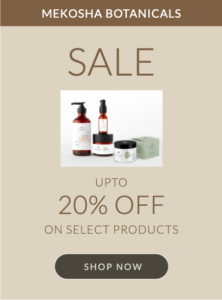All You Need to Know About Henna
 Henna is a famous herb in both India and abroad. It appears in the form of leaf powder, which is an ingredient in medicines. This is because it can fight off numerous infections and diseases. For instance, it can tackle tutors, spasms, and inflammation. Similarly, it can fight stomach ulcers, bed sores, and inflammatory bowel diseases. Above all, it can fight more serious illnesses – such as diarrhoea, jaundice, cancer, and skin conditions.
Henna is a famous herb in both India and abroad. It appears in the form of leaf powder, which is an ingredient in medicines. This is because it can fight off numerous infections and diseases. For instance, it can tackle tutors, spasms, and inflammation. Similarly, it can fight stomach ulcers, bed sores, and inflammatory bowel diseases. Above all, it can fight more serious illnesses – such as diarrhoea, jaundice, cancer, and skin conditions.
In addition, henna enables extensive hair growth and softness. Many use this in the form of essential oils. Therefore, the cosmetic industry uses this in hair dyes and hair care products. Similarly, some use this as a dye for nails, skin, and clothing. However, don’t rush right into its benefits – make sure you know about its origins, risks, and components first!
Introduction
Henna is an evergreen and flowering plant. Many people associate this with Indian weddings, when people apply its dye to the hands and feet. However, its earliest use dates back to Egypt during 1200 BC. During this time, pharaohs would use this to dye their hair and nails. In fact, even Cleopatra would adorn her body using this. Thus, for centuries, henna has been an indicator of love, fortune, prosperity, and a protector from evil.
This herb grows under temperatures of 35-45 degrees C on deep and sandy soil. This is necessary for optimal leaf pigmentation. Thus, is is native to Mediterranean and Asian regions which carries such geographical patterns. However, you can find this in other tropical and semi-arid regions of the world as well.
Henna powder comes from drying and crushing the leaves. This is a core component of a reddish brown dye. The uses don’t stop here – you can mix this with black or green tea to add in some extra hair colour. Further, not all henna is the same. There are three varieties – natural, neutral, and black.
Types of Henna
First, natural or red henna is the most common. As the name suggests, it produces a rich reddish-brown hue when you apply it. Moreover, it can continue to darken for days after you dry and remove it. Best of all, this is the all-natural and purest form. So, many prefer this form to black or neutral henna, which may contain other dyes or plants.
Second, natural henna is colour-free. This is from the Senna Italica plant and not from the henna plant itself. Nevertheless, it makes an excellent conditioner and moisturiser. Thus, you can use this to naturally nourish your hair while retaining its colour.
Third, black henna comes from the Indigo plant. This may contain unlisted dyes and chemicals, most commonly being para-phenyladamine (PPD). While this provides an effective black stain, it can also cause allergic reactions and scarring if you leave it on for more than 2-3 days.
Safety Levels and Forms of Use
First, make sure to never consume henna orally. This can cause stomach upset, kidney failure, and muscle breakdown. In certain cases, it may even lead to death. Thus, be sure to consult a doctor if you consume this by mistake.
Second, henna is safe and beneficial for direct skin and hair application. However, it may cause certain side effects such as redness, itching, or blisters for some people. Further, certain allergic reactions include hives, asthma, wheezing, and excessive mucus production. This risk is especially the case with black henna. So, make sure you are aware of your medical history and allergic reactions before applying this. Alternatively, you may want to do a patch test on a smaller area to confirm safety levels.
Third, and most obviously, there are certain group that must avoid henna entirely. This includes pregnant and lactating women, and children. First, many sources claim that certain properties of the herb can cause a miscarriage. In the case of children, however, it is unsafe since many infants are born with glucose-6-dehydrogenase deficiency (G6PD). Due to this, applying henna can cause their red blood cells to burst.
Henna for Hair Health
First, henna contains phyto chemicals such as tannins and phenols. Thus, these enable follicle growth alongside mane and hair strength. Second, it regulates oil secretion of the sebaceous glands. Thus, it can relieve environmental challenges or internal scalp issues which cause itching and dryness. Thirdly, it contains valuable anti fungal traits. This helps it resolve dandruff or general dirt.
Finally, it prevents early greying and damage of hair. This is because it contains compounds such as vitamin E, proteins, and antioxidants. Each of these retain internal hair health. Most importantly, it is an organic herbal tool with a reddish-brown tinge that helps to naturally cure grey hair.
There are various means you can use henna to aid hair health. For instance, you can apply a layer of shampoo containing henna extracts between 2-3 times a week. This can improve hair growth and thickness. Similarly, you can try applying a conditioner of this variety. This can enrich oil production and improve overall hair texture. Both of these can relieve split ends, dryness, and enable hair thickness.
There are other specific remedies you can use specifically for dandruff or greying. First, you can try mixing a few drops of lemongrass oil with henna paste. Massage your hair and scalp with this 1-2 times a week. This helps to remove dandruff, irritation, and flaking. Second, you can mix henna powder with green tea extracts. This lends it with a dark hue and gives it strength.
Takeaways
Henna is an amazing herb if you use it correctly. Make sure that your risk levels are low before you apply this to your hair and skin. Over time, you will notice an increase in hair thickness, lustre, and strength. Further, it can ward away digestive and related illnesses. Most experts suggest using natural henna as a safe and effective tool.








